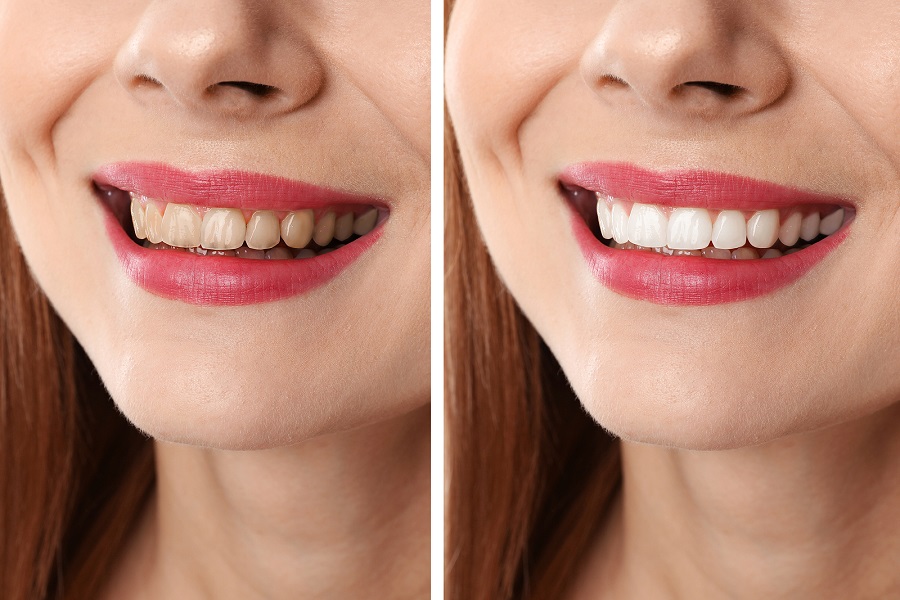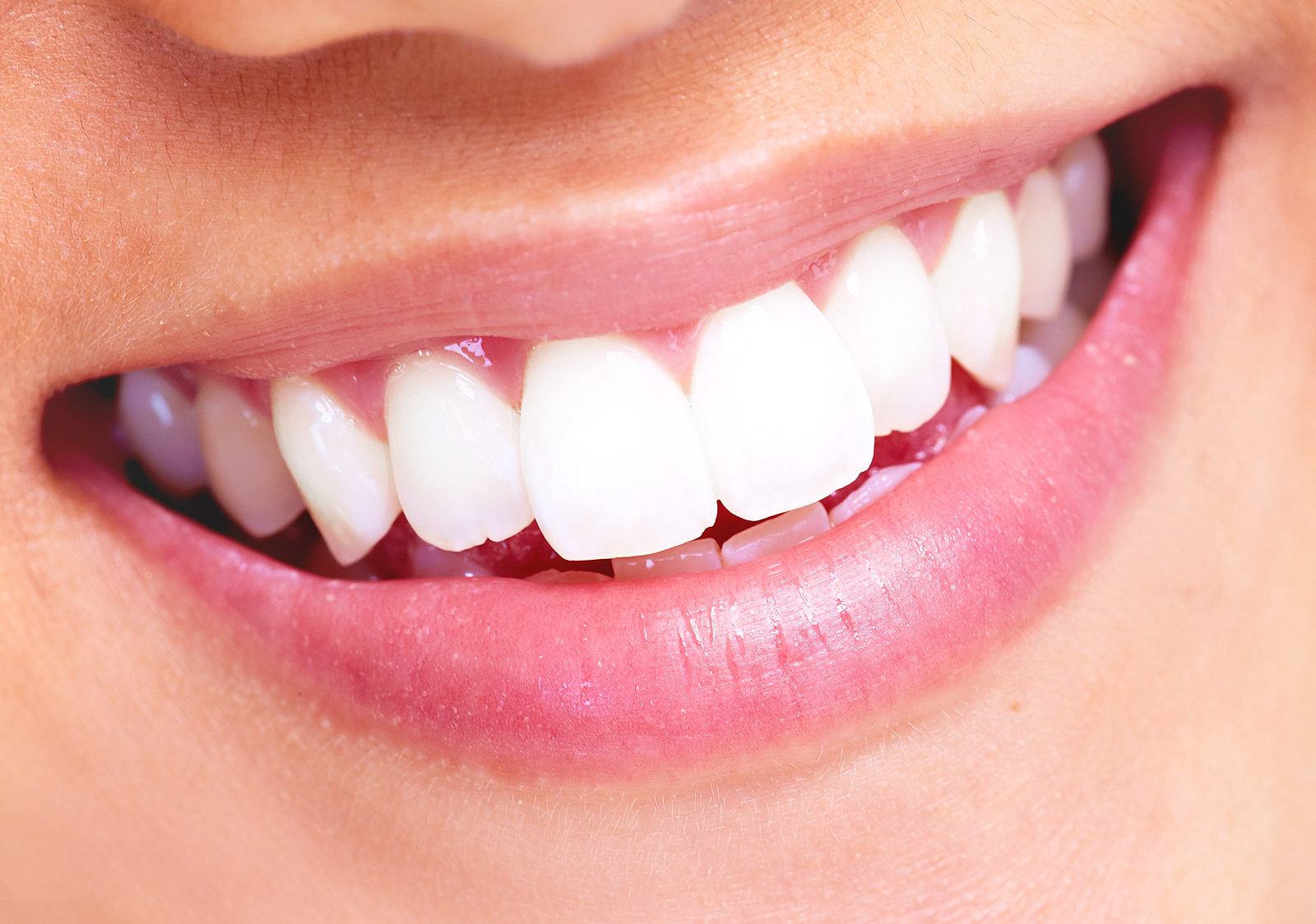HALITOSIS: WHAT CAUSES BAD BREATH?
WHAT IS HALITOSIS?
Halitosis is the “official” term for bad breath and is universally accepted as a medical term for the problem. A simple Google search will show you that Listerine coined the term to give “bad breath” a medical-sounding name to sell their product as the cure. However, Listerine didn’t invent bad breath; if anything, their marketing effort gave society a heightened awareness of bad breath. This is a common problem that affects people of all ages and can influence our interpersonal interactions. Most people ignore bad breath and use breath fresheners to counteract the problem, but that doesn’t really do much for the root cause. If you have halitosis, you need to visit the dentist and determine the cause to address it permanently if possible. Temporary bad breath is usually because of the food you consume, but frequent and permanent halitosis is usually caused by medical issues.
WHAT CAUSES BAD BREATH?
Bad breath can occur for a number of reasons and most of these causes can be easily rectified if you change your lifestyle and adopt good dental habits. Here are some of the common causes of bad breath:
- Food– If you consume food with strong odors like garlic and onions, you’ll experience bad breath. Odor from these food items will linger in your mouth until the food is completely broken down.
- Poor Oral Hygiene – If you don’t brush and floss every day, you’ll experience bad breath. When you don’t practice good oral hygiene, bacteria starts to grow in your mouth, especially between your teeth and along your gums. This buildup can cause bad odors.
- Smoking and Chewing Tobacco– This is also a common cause for bad breath. While you can use mouth fresheners to conceal the poor odor, you won’t be able to eliminate it completely unless you stop smoking.
- Gum Disease – Continuous and persistent bad breath is a possible sign of gum disease. If there’s a buildup of plaque in and around your teeth, bacteria will have more room to grow and that will lead to toxin generation. These toxins can cause irritation in the gums and lead to bad odors as well.
- Yeast Infections – Yeast infections in the mouth can also lead to bad breath. These usually are easily detectable so you should get them treated the moment you spot them.
- Dry Mouth – You need saliva to break down the food particles in the mouth, which will eliminate bad breath. However, if you experience dry mouth, there’s very little saliva to break the food down and that can lead to poor odors.
HOW TO GET RID OF BAD BREATH
Good Oral Hygiene – This is the best and most effective way to treat bad breath. You need to brush two times in a day and floss ones every day to eliminate odor-causing bacteria and remove lingering food particles. Regular and proper oral hygiene practices will eliminate bacteria completely.
- Visit the Dentist– The dentist will spot early signs of gum problems, decay, infections, etc, and administer treatment. This will keep your mouth healthy and bad breath at bay.
- Drink Water– People who suffer from dry mouth should drink water to keep their mouth moist and encourage saliva.
- Change your Food Habits – Look at your dietary habits and change it to improve bad breath. If you consume odor-causing foods, try to limit them (and refer to our post covering diet for healthy teeth and gums).
Bad breath can be an embarrassing problem and most people shy away from addressing it. You can’t recognize you have bad breath unless someone tells you because most people can’t smell their own breath. Some good habits and proper oral hygiene can help you prevent this problem.






















0 comments